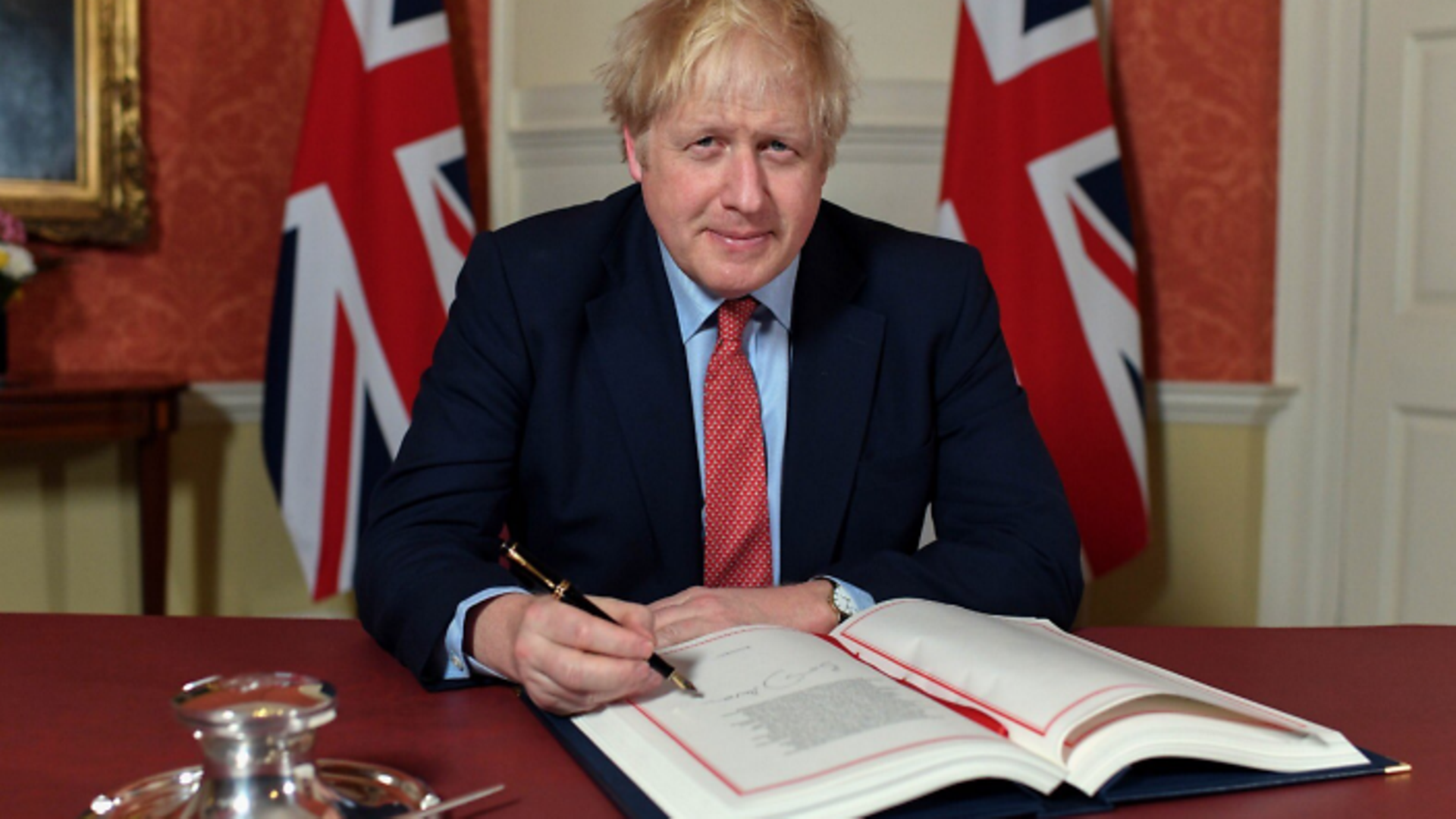
Boris Johnson’s Internal Market Bill – which attempts to override international law – is to be tested in Northern Ireland’s High Court.
An anonymous litigant is challenging the prime minister for acting in bad faith over the Withdrawal Agreement with the European Union, and signing it “without ever intending he should be bound by it”.
Johnson branded his “oven-ready” deal a “fantastic” one during the general election before signing the document in January after his win and claiming it would “bring to an end far too many years of argument and division”.
But in June, it was reported he wanted to “fix” the agreement because it had “unfair defects”.
Now the Tories want the ability to override key sections of the document with the Internal Market Bill, allowing ministers to break protocols around Northern Ireland.
The European Union has threatened legal action, but now a new court case is attempting to challenge Johnson in the United Kingdom.
Patricia Coyle of Harte Coyle Collins, representing the litigant, said Johnson had not addressed the allegation he had acted “in bad faith” and that her client “only conclude that there is no good answer to it”, according to Scottish Legal News.
“He did not address this evidence in his response to us. My client can only conclude that there is no good answer to it.
“This supports our client’s argument that the prime minister signed the Withdrawal Agreement and Protocol without ever intending he should be bound by it. If that is correct and the court adjudicates so, then his actions were unlawful, insofar as he has frustrated the intention of parliament.”
The case claims that Johnson signed the agreement knowing he would renege on it, and “amounted to an exercise of the royal prerogative for improper purposes, or which was otherwise in bad faith”.
“Our client’s view is that it is both appropriate and open to the High Court in Belfast to make a declaration to this effect, for a variety of reasons, including that doing so is the most appropriate way to vindicate the rule of law and to ensure that the prime minister does not avoid the legal consequences flowing from the alleged illegality of his actions.”
Warning: Illegal string offset 'link_id' in /mnt/storage/stage/www/wp-includes/bookmark.php on line 357
Notice: Trying to get property 'link_id' of non-object in /mnt/storage/stage/www/wp-includes/bookmark.php on line 37






